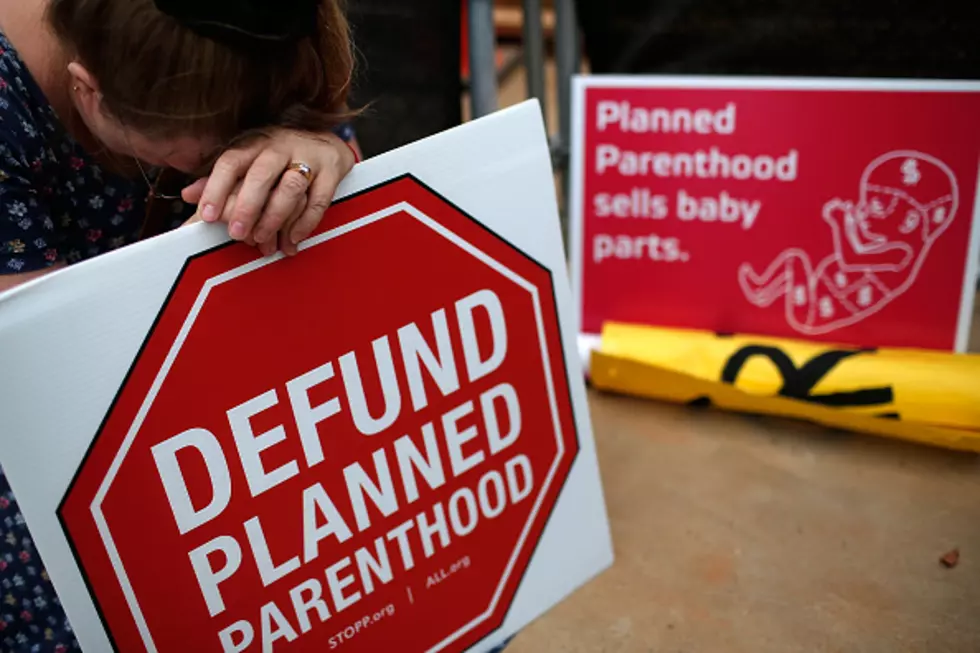
Planned Parenthood Suing Texas Over Medicaid Cutting
Planned Parenthood filed suit against the state of Texas this past week over the state's cutting of Medicaid coverage to the controversial medial facility.
Planned Parenthood's lawsuit alleges that the state's banning of Medicaid is a violation of Federal law and the so-so-called "Medicaid freedom of choice provision", allowing those enrolled in Medicaid to select an approved provider of their choice. The suit also accuses the state of violation of the 14th Amendment’s equal protection clause by treating Planned Parenthood with "unfavorable treatment without adequate justification."
According to state officials, the cutting of Medicaid coverage to Planned Parenthood was to ensure women have safe facilities at their disposal and the protection of unborn children. In response to the lawsuit, Lt. Governor Dan Patrick said in a statement,
Texas must be able to ensure its Medicaid providers protect the health and safety of those seeking services. Simply stated, Planned Parenthood cannot be trusted.
Recent controversy over Planned Parenthood stemmed from videos secretly recorded at a Planned Parenthood location depicting the facility attempting to illegally profit from aborted fetal tissue. Planned Parenthood countered that the videos were deceptively edited and that they had done nothing illegal or unethical. According to Cecile Richards, president of the Planned Parenthood Federation of America,
Every time we think that there can’t possibly be anything more that can be done to Texas women, the state seems to find another way to stoop to a new low.
Supporters of Planned Parenthood argue that abortions only make up a small fraction of the services provided by the facility, noting that cutting Medicaid funding will affect women and men who use the health provider for cancer and STD screenings, birth control, and other health services. Those promoting the banning of Medicaid coverage to Planned Parenthood say that such services will still be available to Medicaid users, just through different providers. However, some say that will increase the already large workload of those providers, making patients wait weeks or months to be seen.
via NY Times





